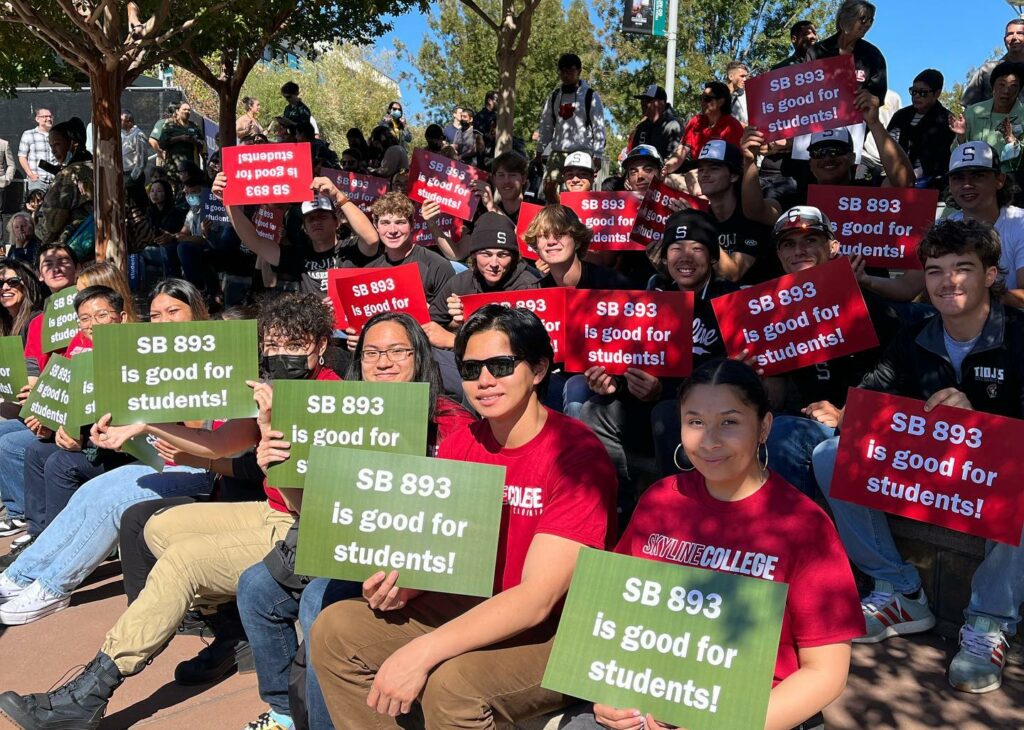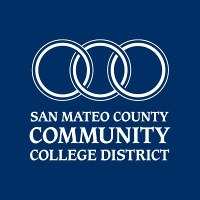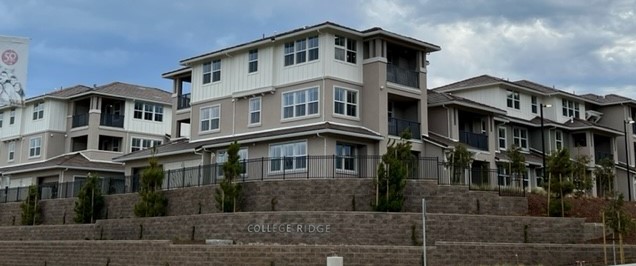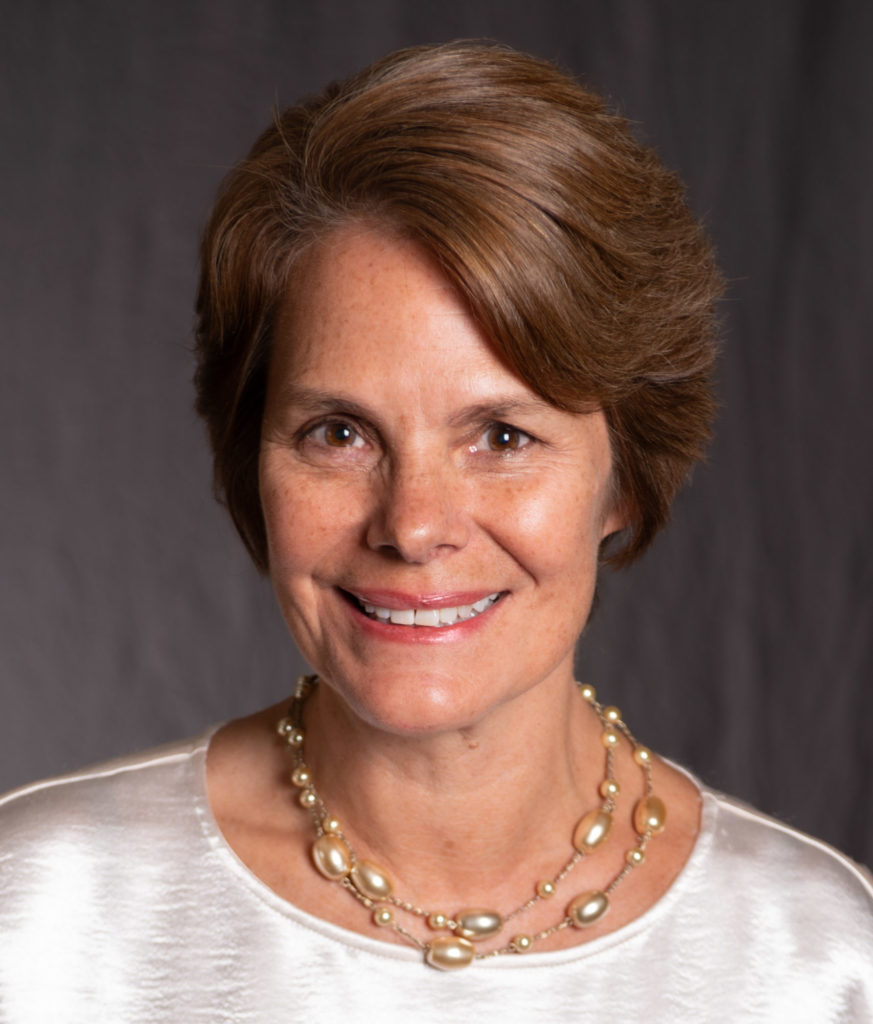On September 22, in a ceremony held at Cañada College, students and leaders from throughout San Mateo County rallied in support of Senate Bill 893.
Written as a pilot program for San Mateo County, SB 893 would allow for the San Mateo County Community College District to operate a program that will pay the tuition and enrollment fees for students from underrepresented and marginalized communities. With the Governor’s signing of the bill, SMCCCD will be able to expand its free community college initiative and Promise Scholars Program from its current total of 2,200 students to nearly 6,000 students.
“After meeting with community college leaders in my district, it became clear to me that State action was needed in order to make college accessible to everyone seeking an education in San Mateo County. This is a big idea, and one that I believe SB 893 will address,” said Josh Becker, State Senator (D-Menlo Park). “San Mateo County Community College District advised me that state law requires colleges to charge almost $1,500 per year in tuition and fees for full time students. If the Governor signs SB 893, we will be able to build a bridge and provide opportunities that will help close the achievement gap here in San Mateo County. It is my hope that this bill will help families use community college as a stepping stone to improving their economic mobility and their future.”
No stranger to the concept of free community college, in 2021, SMCCCD’s Board of Trustees invested $6.75 million into developing their initial Free Community College Initiative, and an additional $6 million has been allocated in the District’s 2022-23 budget to implement SB893. Through that investment, SMCCCD has been able to create a dual enrollment program with local high schools, book vouchers, and assists student with basic needs, including food and transportation.
“As a college district, it is our core mission to ensure that every resident of our community has access to educational opportunities,” said Richard Holober, President, San Mateo County Community College District Board of Trustees. “On behalf of our college district family, I would like to thank Senator Becker for his partnership and willingness to support students in our community who are working to make their dreams a reality.”






